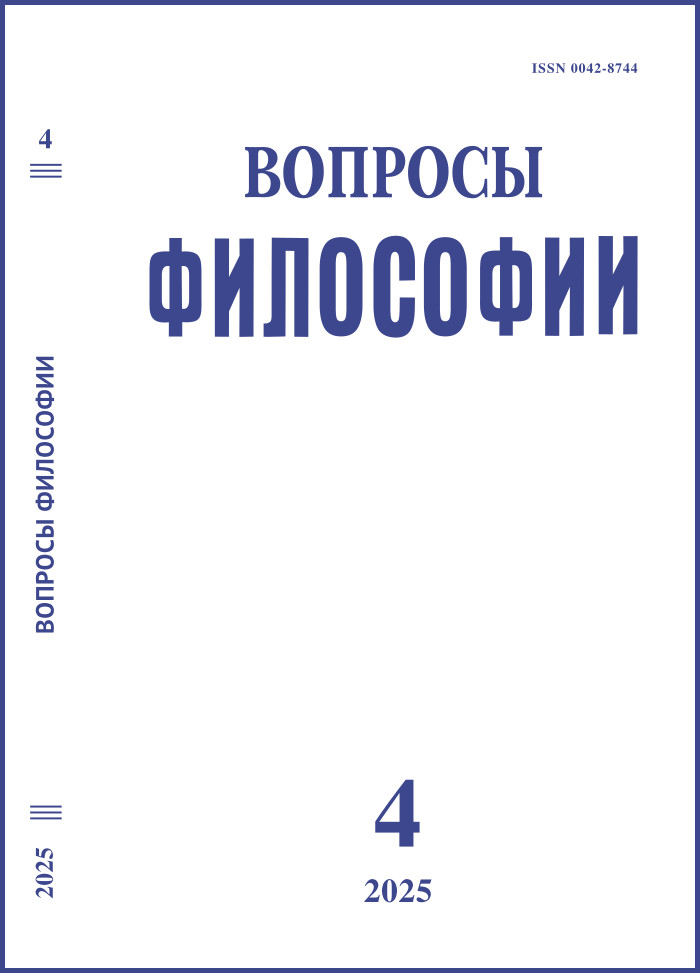Philosophical Foundations of the Policy of the Kyrgyz Republic in the Religious Sphere
DOI:
https://doi.org/10.21146/0042-8744-2025-4-198-206Keywords:
state policy, religious organizations, educational institutions, religious sphere, freedom of religion, phenomenology, functionalismAbstract
The article examines the philosophical foundations of the state policy of the Kyrgyz Republic in the field of religion. The main approaches to regulating the religious sphere, including their cultural roots, are analyzed. The importance of religion in society and the influence of religious organizations on the socio-political life of the country are discussed. The authors focus on the need for a balance
between respect for the rights and freedoms of citizens, promotion of tolerance, and ensuring national legislation. The mechanisms of interaction between the state and religious structures, as well as the challenges faced by Kyrgyzstan in the context of growing religious diversity are studied. Particular attention is paid to the philosophical understanding of the concept of the secular nature of the state, its implementation in the context of modern reality. Conclusions are made about the philosophical foundations and conceptual approaches that form the basis of the state policy of the Kyrgyz Republic in the religious sphere. The article offers recommendations for the further development of state policy in the religious sphere, aimed at forming a harmonious and safe religious space in the country.

